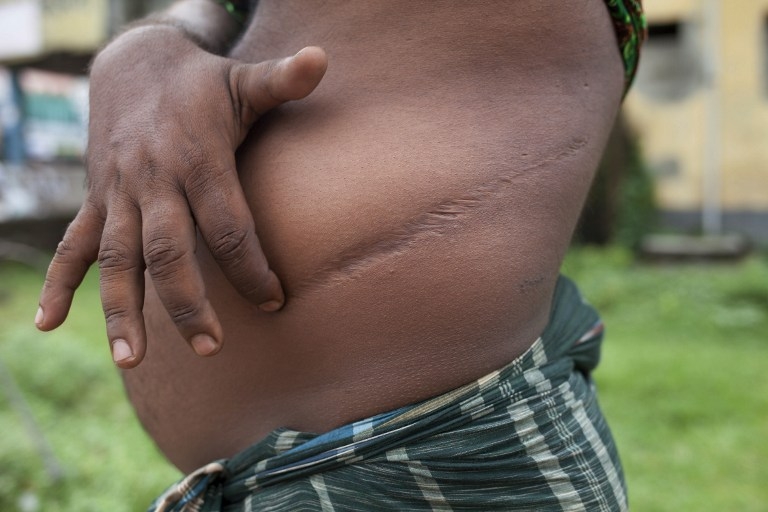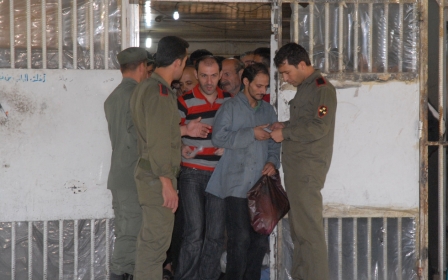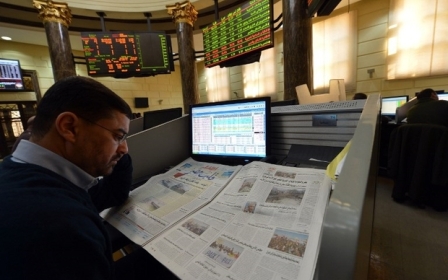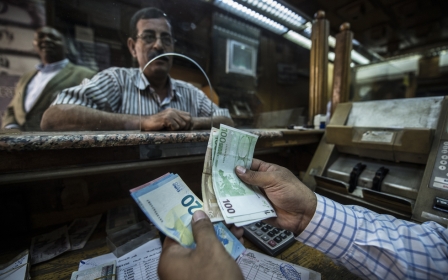Egypt arrests 45 people over organ trafficking network

Egyptian authorities arrested 45 people involved in one of the largest organ trafficking networks in the country in a raid on Tuesday, the health ministry said.
“The accused who were arrested exploited the economic situation of some Egyptians and the suffering of some patients and their need for treatment to take large financial sums from them, thus breaking the law," the ministry said in a statement.
It added that "millions of dollars and gold bullion'' were retrieved.
Among those detained were doctors, nurses, middle-men and organ buyers, and the investigation focused on a group of private hospitals and health centres, both licensed and unlicensed, where transplants and organ harvesting took place.
These facilities were shut down by authorities, while doctors suspected of being involved in the crimes were suspended from practice, pending investigations.
Some of the doctors arrested worked at well-known institutions including the medical faculties of Cairo and Ain Shams universities, Egypt's two largest state universities.
The statement did not give any details about the amount of money recovered or the magnitude of the trade.
Egypt's parliament passed a law in 2010 banning commercial trade in organs as well as transplants between Egyptians and foreigners, except in cases of husband and wife.
However, poverty drives some Egyptians to sell their body parts, often to wealthy foreigners, in illegal transactions.
Ever since the 2011 uprising that toppled longtime ruler Hosni Mubarak, the country’s economy has suffered from the turmoil and loss of tourist income, with millions of Egyptians struggling to make ends meet.
Middle East Eye propose une couverture et une analyse indépendantes et incomparables du Moyen-Orient, de l’Afrique du Nord et d’autres régions du monde. Pour en savoir plus sur la reprise de ce contenu et les frais qui s’appliquent, veuillez remplir ce formulaire [en anglais]. Pour en savoir plus sur MEE, cliquez ici [en anglais].




